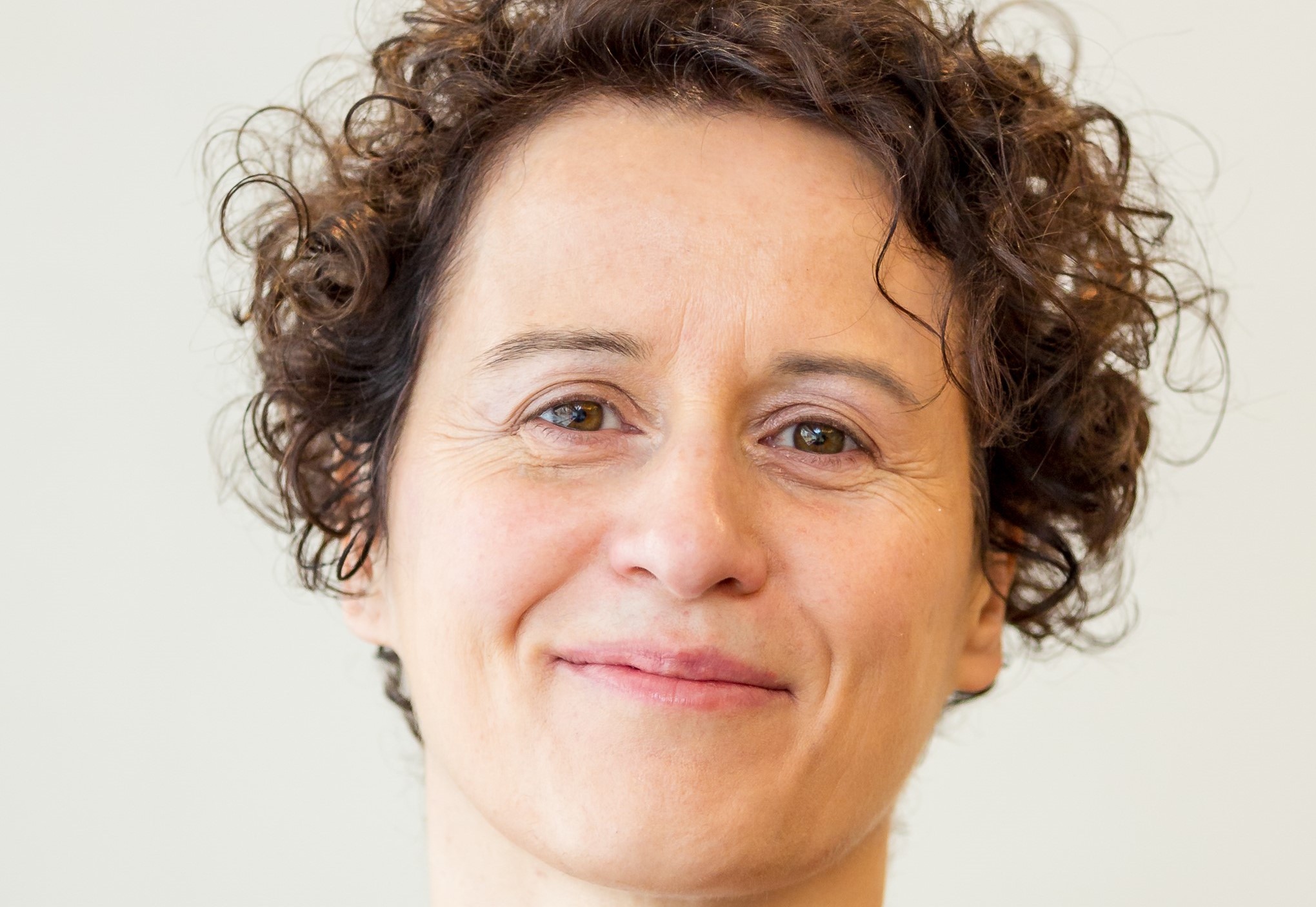Ask Helgard Krause

Here, we chat to Chief Executive of the Books Council of Wales, Helgard Krause. She was born and raised in Germany and has learnt Welsh.
This interview has been published as part of Amdani - Festival of Reading for Welsh Learners. Further information about the festival can be found here.
Your favourite book as a child?
Ronja Räubertochter by Astrid Lindgren (Swedish: Ronja Rövardotter). The book is about a girl growing up among a clan of robbers living in a woodland in Scandinavia.
Your favourite book as an adult?
Mephisto by Klaus Mann. This is a perfect example of what a good book can achieve; it provides an insight and a commentary on Germany’s darkest and most complex history, but its basic message is so general that it’s still as relevant today.
Which character from a book do you relate to most?
I don’t usually relate to individual characters, but instead, I appreciate the variety of books that have helped me develop my lesbian and feministic identity.
Which book would you buy someone as a gift and why?
The History of Wales in Twelve Poems, M. Wynn Thomas. It’s a great example of how to combine our languages’ different contexts together to create history. It has been beautifully written and designed, which makes it a perfect gift for anyone interested in Wales.
How important is reading when learning Welsh?
Reading is a way of developing vocabulary. Magazines are a very valuable resource for learners – magazines contain less vocabulary and the relevant content makes them a great starting point. Also, spoken books are very useful for those who process information best by listening.
A book you would recommend for learners?
The thought of attempting to read an entire book in a new language can be very daunting. Reading books aimed specifically for learners such as the Amdani series can be a great way to gain confidence.
Any advice for others who want to learn Welsh?
When I learned Welsh, I realised that the purpose of mutations is to make sentences easier to pronounce, therefore I began to use them more naturally (by trying to figure out what sounded best). As a result, I didn’t worry too much about this aspect of learning Welsh.
Have people’s reading habits changed during the pandemic?
I believe people have rediscovered what physical rest can mean - after hours on end tied to the screen - and the positive effects reading has on our mind.
What was the greatest challenge at work during the pandemic?
Adapting to working remotely without impacting our core work; creating contacts without meeting people face to face; ensuring a balance between the safety of our Distribution Centre staff and the needs of our booksellers, schools and learners, and ensuring books continued to be available as widely as possible.